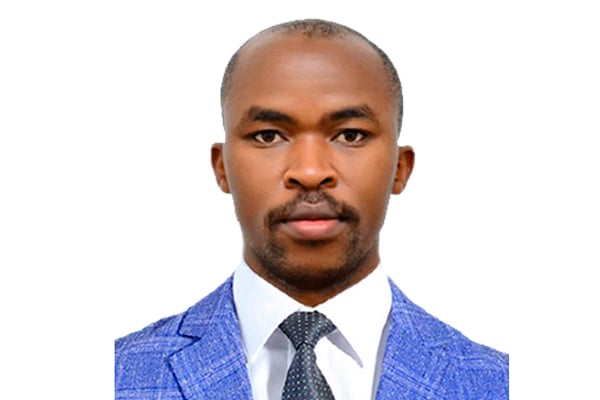Prime
Sudan: Politics of self-destruction

Charles Tweheyo
What you need to know:
- While paramilitary groups may be ‘necessary’ in holding leaders on power, it is inappropriate to ‘allow’ them accumulate capacity necessary to threaten the state.
Al-Bashir’s 1989 seizure of power was followed by anti-military dissenters throughout his 30 years’ rule. Brutality aside, dissenting waves escalated until 2019 when he was ousted in a coup, four years after his 94.5 percent win of an election which was boycotted by main opposition parties . Since 2019, politics has shaped Sudan as a fragile state under uncertainty and political stagnation. The hope for civilian leadership was frustrated in the 2021 coup.
Since April 15, 2023, more than 450 deaths and 3,500 injuries (WHO) have been registered in an armed conflict between two individuals sharing a history of criminal partnership. Generals Al-Burhan and Dagalo – have since disagreed over power-shares in the military command. Although they were supposed to organise power transition by July 2023, this conflict pre-justifies violation of this provision and it doubles as a way they can inevitably maintain military character in Sudan’s democratic transition.
A conflict with a balance of power atmosphere. Despite the numerical disadvantage, RSF form a well-equipped group of battle-hardened mercenaries who have hitherto fought sophisticated battles locally and internationally. It will not to be easy to eradicate them especially on land. It contains former military and intelligence officers, with a leader who has deep connections with foreign powers e.g. Russian Wagner mercenaries who deal in gold. These fortify his economic and diplomatic interests with Saudi Arabia, Russia and UAE. Dagalo has mastered a style of relating with almost all al-Burhan’s allies, hence complicating the international perspective on this conflict.
The making of current Sudan started with Al-Bashir’s life-presidency project which relied heavily on military suppression of the political and civil space in Sudan. While Al-Bashir excelled, for some time, to hold on power, his decisions birthed threats to the state.
Al-Bashir’s alliances with Islamist-militants established him as a leader of the 1990s ‘political Islam’ wave. His ties with violent extremist jihadists with whom they shared loyalty in the Islamist ideology helped him create loyalist militias to protect his grip on power. Today, the same groups are threatening the state to a level of engaging the army in an armed conflict.
Political machinery of business-minded politicians. Al-Bashir’s system of business-minded politicians as custodians of power enabled them accumulate massive wealth with which they frustrated anti-Bashir dissenters.
Manipulation of international alliances. At the cost of human security, Al-Bashir prioritised military capacity with expensive high-tech weapons to ensure his lock on power at all costs. This imposed high pressure on the national economy which was already characterised by a wide gap between the rich and the poor. To enable economic reparation through foreign support, Al-Bashir manipulated international alliances, playing regional powers against each other in hopes of financial and political aid. Al-Bashir’s conflicting loyalties with Ethiopia Vs Egypt over the Ethiopian dam, his relations with Saudi Arabia and UAE regarding Yemen while he overtly related with their rivals like Qatar, Turkey and Iran were a manifestation of his manipulation of international alliances.
Resultantly, Sudan is stuck in a web of complicated realities. Escalating mistrust between army and militia groups formerly supported and enabled by government, political and economic uncertainty, security threats to nationals, foreigners and to fragile neighbours also hanging in chains of armed conflicts.
While paramilitary groups may be ‘necessary’ in holding leaders on power, it is inappropriate to ‘allow’ them accumulate capacity necessary to threaten the state.
Mr Charles Tweheyo is a social and political commentator on global affairs.




